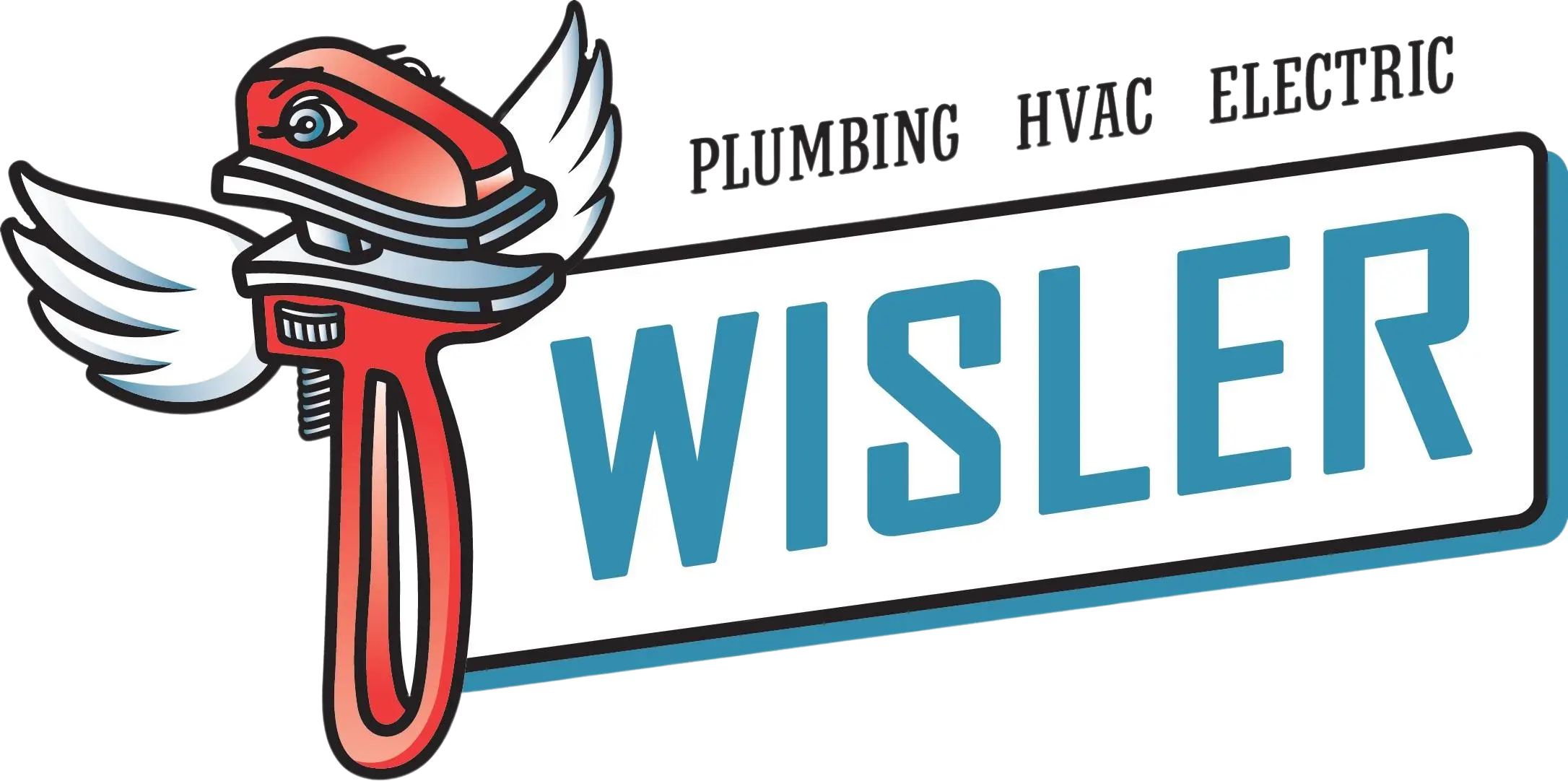- 0 Comments
- By James Wisler
- Emergency Plumbing Plumbing Repair
- [otfliker]
Are you hearing a constant dripping noise but don’t know where it’s coming from? Read our guide where we give you tips and tricks for detecting a water leak.
Water leaks are common in every home. It is so common that we neglect it until it causes serious harm.
They must have been woken up several times in the middle of the night by the sound of running water or noticed random wet patches on the floor. If these water leaks and water damage are not addressed, it can reduce the value of your home.
Additionally, ignoring water leaks can result in serious property damage costing you thousands of dollars. If you notice signs of a water leak, try to investigate and find the cause of the problem.
This article explains the different ways to detect water leaks in your home. Once you discover the leak, you can hire professional plumbers and get it repaired as soon as possible.
HOW CAN YOU DETECT A WATER LEAK EVEN IF THERE’S NO WATER VISIBLE?


You can detect water leaks in the home even if you don’t see wet spots or dripping faucets by regularly monitoring water usage. If you notice that daily water consumption has increased for no reason, it is probably due to an undetected water leak. You can also contact your water provider to closely monitor water bills.
If the water pressure in your bathroom or kitchen faucets suddenly drops, it may be due to a water leak. You can try replacing the faucets to check if they are working properly. However, if the water pressure does not increase even after changing the faucets, a water leak is the likely solution.
Additionally, your boiler or water heater can leak water if it is constantly on. However, it can be difficult to detect a leak in the hot water pipe because it is underground.
HOW TO DETECT AN UNDERGROUND WATER LEAK IN YOUR HOME?
Underground water leaks are difficult to detect because they are not immediately noticeable. It takes a long time for water to flow from the underground leak to the surface. So if you notice wet spots or puddles on the floor, it’s likely due to an underground leak.
Since the water from an underground leak takes a certain amount of time to reach the surface, mold often develops under these circumstances. Therefore, the smell of mold is a clear sign of underground leaks.
You can also use modern leak detection tools to monitor leaks in underground pipes. You can either purchase them yourself or hire a licensed plumber to do the work. It is therefore a quick and easy solution for detecting groundwater leaks.
WHAT ARE THE COMMON PLACES TO DETECT WATER LEAKS?
There is no need to panic if you don’t have a leak detector. There are still some effective traditional techniques for detecting a water leak in your home. In this section, we’ve discussed some common locations in your home where plumbing leaks are most likely to occur. Let’s take a look!
1. BOILER OR WATER TANK
The valves on your boiler or water tank are very susceptible to water leaks. So check the boiler valves and maybe you can spot the leak. However, if there is no water coming out of the valves, you may have a slow leak. So look for water stains on the floor or try to spot a hiss coming from the valves.
However, with a central spa water heater, the leak could indicate serious water damage. In such circumstances, do not attempt to repair the leak yourself; Contact a professional as soon as possible.
2. TOILETS
Considering how often we use the toilet, it is quite common for a toilet to leak. Fixing a small water leak is easy and you can do it yourself without enlisting the help of a professional. For example, replacing the washing machine or modernizing the drain pipe usually does not require the advice of a professional plumber.
You can also check your toilet tank for leaks by putting a few drops of food coloring in the tank. Without flushing the toilet, look for dye in the toilet bowl. If this is the case, there is a leak.
However, if you ignore a toilet leak or fail to spot it in time, the toilet tank can overflow and cause serious property damage. So, if the situation is serious, it is better to call the emergency services and fix the water leak in your toilet immediately.
3. SHOWERHEADS
Just like toilets, shower heads are used frequently and are more prone to water leaks. Old shower heads wear out over time, resulting in leaking shower hoses. You can identify leaks in pipes by the drop in water pressure from shower heads.
You can clean your shower head or, if that doesn’t work, replace the water inlet hose to the shower head with new inlet hoses. It’s easy enough that you may not need to hire a professional plumber.
4. APPLIANCES
The kitchen and bathroom appliances you use every day are common causes of hidden water leaks in your home. Frequent use could cause them to become dislodged from their actual position or loosen, which could result in leakage.
Loose pipes or valves on appliances can also cause water to drip constantly. Usually, identifying and fixing these water leaks is easy if you check the plumbing regularly. Make sure each device accessory is working properly to avoid water leakage.
WHAT TO DO IF THERE’S A WATER LEAK IN YOUR HOUSE?
If you notice a water leak in your home, the first thing you need to do is determine the severity of the leak. If it’s a small leak, you can fix it yourself. However, contact a professional plumber immediately if a large water leak could cause property damage.
If the leak is small, you can shut off the water supply to the device and ask the device to fix the leak. However, in the event of a large leak, you will have to turn off your home’s main water supply and wait for professional plumbers to check the situation.
If you need help with a water leak on your Melbourne area property please contact the experienced team at Wisler Plumbing & Air. Our advanced leak detectors and repair tools will solve your problem fast!
FAQs about how to detect a water leak in your home:
Q: What are the signs of a water leak in my home?
There are a few signs that you may have a water leak in your home:
- Wet spots on the ceiling or walls: This is a common sign of a water leak from the roof or pipes.
- Puddles of water on the floor: This can be a sign of a leak from a pipe or appliance.
- Increased water bill: If your water bill has suddenly increased, it could be a sign of a leak.
- Musty smell: This can be a sign of mold growth, which can be caused by a water leak.
- Rats or other pests: These pests are attracted to water, so they may be present if there is a leak.
Q: What should I do if I find a water leak in my home?
If you find a water leak in your home, it is important to take action immediately to prevent further damage. Here are a few things you can do:
- Turn off the water supply to the affected area.
- Mop up any water that has already leaked.
- Find the source of the leak and repair it.
- Ventilate the area to prevent mold growth.
- Call a plumber if you cannot find or repair the leak yourself.
Q: How can I prevent water leaks in my home?
There are a few things you can do to prevent water leaks in your home:
- Inspect your home regularly for leaks.
- Fix any leaks that you find immediately.
- Install water sensors in your home.
- Have your pipes and appliances inspected regularly by a plumber.
- Keep your gutters and downspouts clean and free of debris.
- Water your lawn and garden properly.
Have you got a Water Leak at Home?
Most water leaks are relatively easy to fix if you find them right. And after reading our article, we hope you have a better idea of the signs of water leaks and where to look for water leaks in the house.
If you have an underground leak, watch out for wet patches on the floor. The characteristic smell of mold can also eliminate signs of a confidential leak. But no matter how serious underground leaks, it’s always best to take immediate action to avoid further damage and high water bills.
And remember, the best person to find leaks in your plumbing system is always a professional plumber. With various plumbing services, they can quickly detect and repair water leaks from your garden faucet, water heater, or plumbing fixtures.





Leave Your Comment